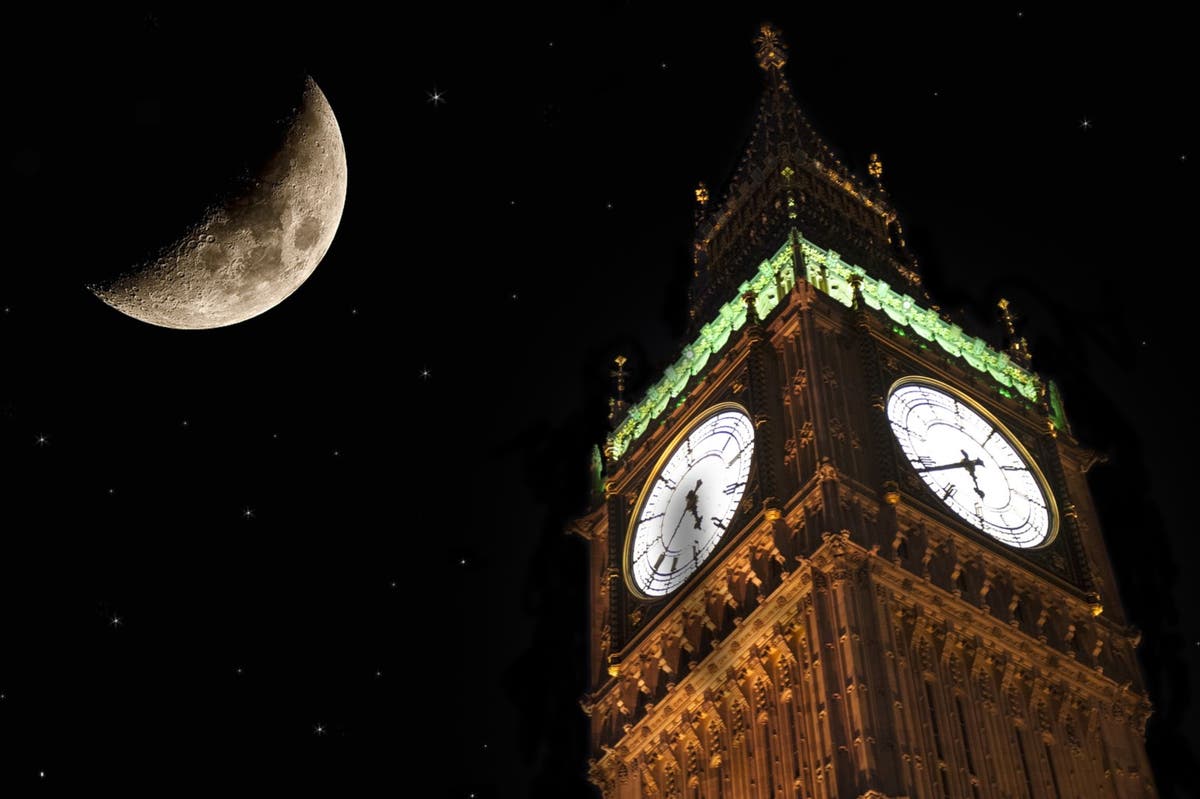Coordinated Lunar Time (LTC) needed due to differing gravitational forces
Nasa is working to create a new standard of time for the Moon that will see clocks move faster than on Earth, according to a White House memo.
The US Office of Science and Technology Policy (OSTP) directed the US space agency to set up a moon-centric time reference system that accounts for its differing gravitational forces.
In a memo on Tuesday, OSTP chief Arati Prabhakar noted that Earth-based clocks would appear to lose 58.7 microseconds per Earth-day as a result of these factors.
Nasa has until 2026 to set up a unified time standard, which Ms Prabhakar referred to as Coordinated Lunar Time (LTC). It will then be used by astronauts, spacecraft and satellites that require highly accurate timekeeping.



A few reasons for that to my lay-person brain: firstly time zones would be wonky on other planets, the moon especially. Mars would be simplest because it’s only 37 minutes faster. But every planet would have different time zones. But time zones on planets or the moon are only relevant to intra-planet communications. Mars to Earth, even without the time delay, is going to have completely different times. Half an hour drift will make syncing times between planets more important than whatever time zone you are in since you’ll effectively need to adjust time zones every other day. So we’ll have to sync times between planets or have a UTC for each body that gets adjusted.
But that’s not actually what NASA is proposing. For something as close and earth-dependent as the Moon, they’ll just use Earth times until there’s a significant colony up there. What NASA is talking about deals with relativity: experiencing more or less gravity changes how much time you perceive compared to people in different gravities. I.e. people on earth, people on the moon, and people in deep space experience time at different rates. 1 Second for space might be 0.8 seconds of time on a planet. So NASA wants clocks that physically tick faster than Earth to an amount of 0.000058 seconds per day. Which…isn’t a lot for a humans. Hundreds of thousands years just to equal a second. But it is a lot of very precise computers and instruments we use to measure long distances and speed.
Probably needed for GPS! That should be one of the milestones for a colony - a GPS and communication relay constellation, so you can navigate, create precise maps, and always be in communication range for any common amount of data/voice
My guess was encryption, especially for certificates to send packets between Earth and Moon entities, prevent forging or replay/playback attacks. Another Source pretty much confirms it: “An OSTP official said that without a unified lunar time standard it would be challenging to ensure that data transfers between spacecraft are secure and that communications between Earth, lunar satellites, bases and astronauts are synchronized.”